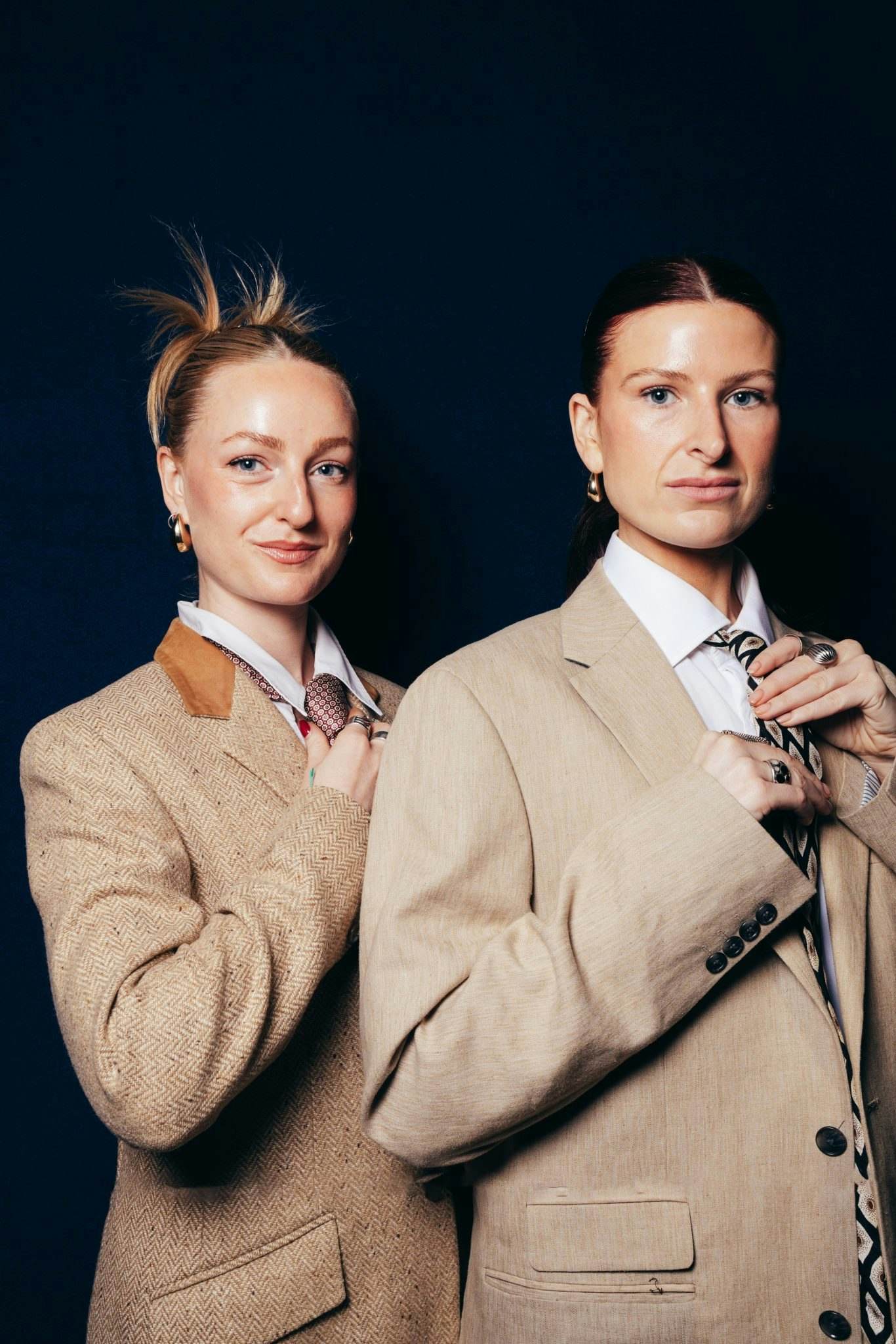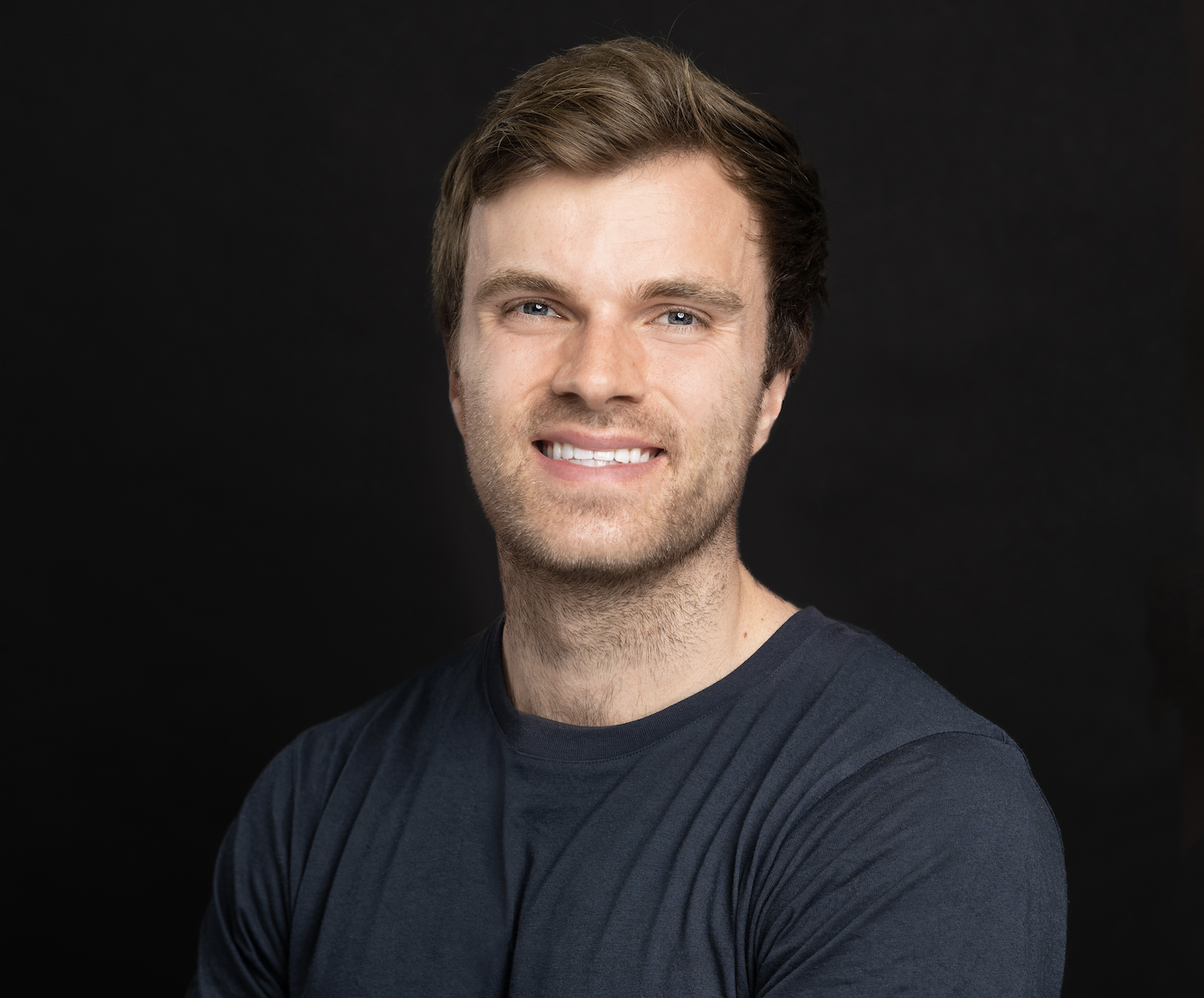London HQ’d Octopus Ventures has just closed its first-ever pre-seed fund of £10m to invest in fresh startups across Europe in the B2B software, fintech and health sectors.
The companies Octopus Ventures' pre-seed fund will back
- Octopus is aiming to be the first cheque in pre-seed rounds at a “sweet spot” of between £400k and 750k, and will offer startups £100k single ticket investments. Previously, it only invested from seed to Series B.
- So far, Octopus Ventures has invested in 10 pre-seed startups through the fund pre-launch, including wealthtech Bloom Money, fertility startup Béa Fertility and B2B SaaS platform Volunteero.
- Although the fund is pitched at a three-year deployment period, its leaders Kirsten Connell and Maria Rotilu are currently pacing a little bit ahead of that and have already invested in five companies in June alone.
The fund's leaders
Connell and Rotilu bring a combination of investor and operator experience to the job. Connell is a former general manager at Seedcamp and managing director of deeptech accelerator CyLon, and Rotilu was previously country manager for Uber Nigeria, general manager of the neobank Branch and managing director of Oxford Seed Fund.
Why is Octopus Ventures getting involved at the earliest stage?
Despite record funding into European startups in the last few years, data points to softness at the earliest stages of investment. Pre-seed investment declined nearly 50% between 2016 and 2020.
Octopus says it was seeing more and more companies that it was having to turn away at pre-seed and maintain a relationship with in the hope they’d come back to Octopus at seed and Series A, Connell explains.
“Raising your first funding round is the most challenging stage — it’s very fragmented, which angels do you go and speak to? How much are they deploying?” she says.
A focus on diversity — and speed
One of the main side effects of the fragmented pre-seed market is that founders from a particular background are at an immediate advantage when they have an existing network of angel investors. This perpetuates the lack of diversity we see in European tech — which Octopus wants to counteract with its new pre-seed fund.
So far, 40% of its first investments have a female founder, and 30% have at least one ethnic minority founder — a benchmark the Octopus team wants to stick to throughout the fund’s lifecycle.
“We know the statistics on the number of female decision makers from an LP standpoint are shockingly low. Naturally, what we think good looks like is completely different from what a 100% male investment committee thinks,” Connell says.
“We’ve really tried to be thoughtful in terms of the entire process to make everything as transparent as possible for founders, because it's really hard — you don't know what you don't know, and sometimes this impacts women more than men.”
Rotilu says the main feedback she gets from founders all the time is about how slowly investors reach a decision.
“It’s currently quite opaque, especially at pre-seed, so we’re really trying to optimise this fund for speed so that founders that are trying to build a business don’t waste time,” she says.
“The best founders can come from anywhere and look like anyone, and building that into how we evaluate startups comes naturally for us with this fund.”
👉 Read: How to spend your pre-seed funding
Amy O’Brien is Sifted’s fintech reporter. She authors Sifted’s Fintech newsletter and tweets from @Amy_EOBrien.



